A campaign to
repeal an Indian law that makes homosexuality a crime has
split young people in New Delhi and Mumbai, with about half
of them in favor of scrapping the legislation,
according to a survey published Monday. The support
for doing away with the sodomy law was surprisingly
strong, and other findings of the poll appear to indicate
that once-widespread prejudices against gays and
lesbians are slowly disappearing.
The poll, published in The Hindustan
Times newspaper and conducted by the firm C fore,
found that 52% of those surveyed in New Delhi, the
capital, believe the sodomy law should be repealed.
Another 31% favored keeping the law, while 17% were not sure.
Support for legalizing homosexuality in Mumbai,
India's financial and entertainment center, was a bit
lower, with 46% of respondents in favor of scrapping
the law and 40% against the move. Some 14% of respondents
were unsure.
Same-sex marriage, however, was opposed by 53%
of those surveyed in New Delhi and 63% in Mumbai. The
survey polled 415 people between the ages of 15 and 25
and was conducted September 19-22, the newspaper
reported. No margin of error was given.
Homosexuality has long been taboo in India, and
antigay prejudices remain widespread. But, just as is
the case in many traditional cultures, there also has
long been an underground gay and lesbian culture.
The law makes consensual sex between two adults
of the same sex a criminal offense punishable by up to
10 years in prison. It was imposed in 1861 by British
colonial authorities who ruled India until 1947. While
prosecutions are rare, gay activists say police use the law
to harass them.
In recent years, health workers from the
government and private organizations have complained
that forcing gays and lesbians underground has
hampered efforts to halt the spread of HIV in the gay
community. Those complaints, coupled with loosening
mores among India's expanding middle and upper
classes, have pushed officials toward getting rid of the
sodomy law.
Well-known Indian author Vikram Seth earlier
this month joined the fray, penning an open letter
that was published in many Indian newspapers
urging that the law be scrapped. A gay rights activist from
Mumbai, Ashok Row Kavi, said Monday that regardless of
the move to legalize homosexuality, gays and lesbians
remain underground in New Delhi, long considered among
the most strait-laced of India's major cities. "Gays
are in [the] closet in New Delhi," Kavi said of the survey.
(Ashok Sharma, AP)








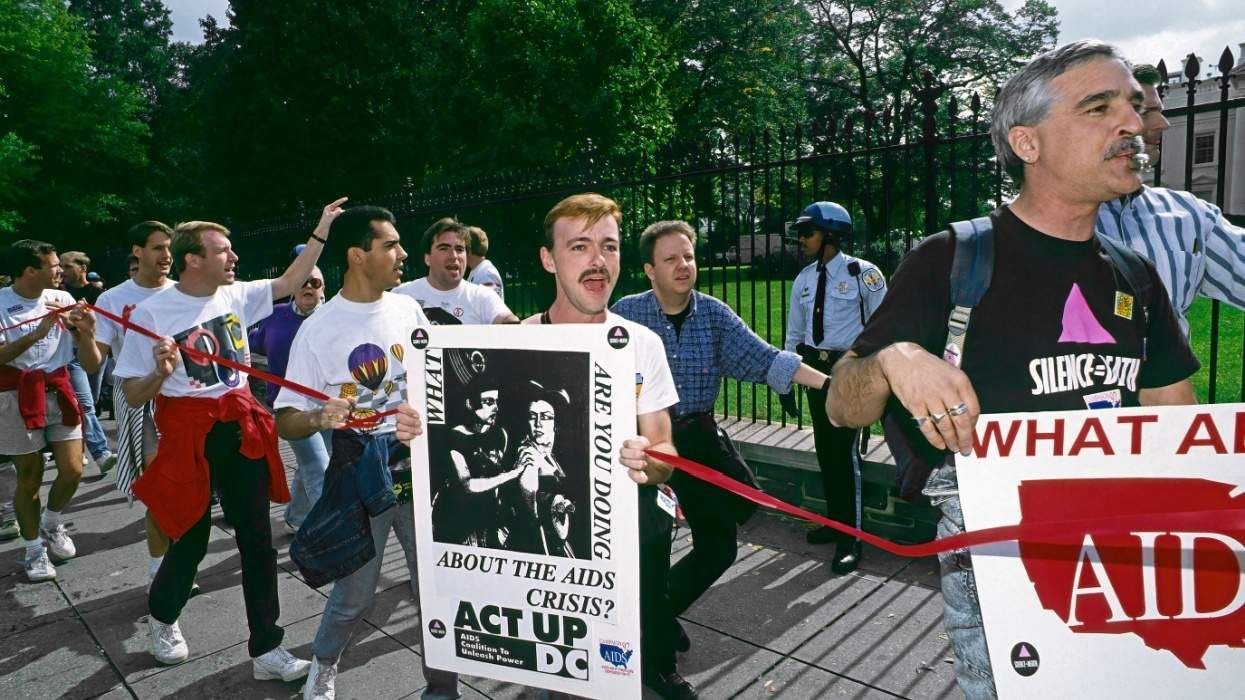
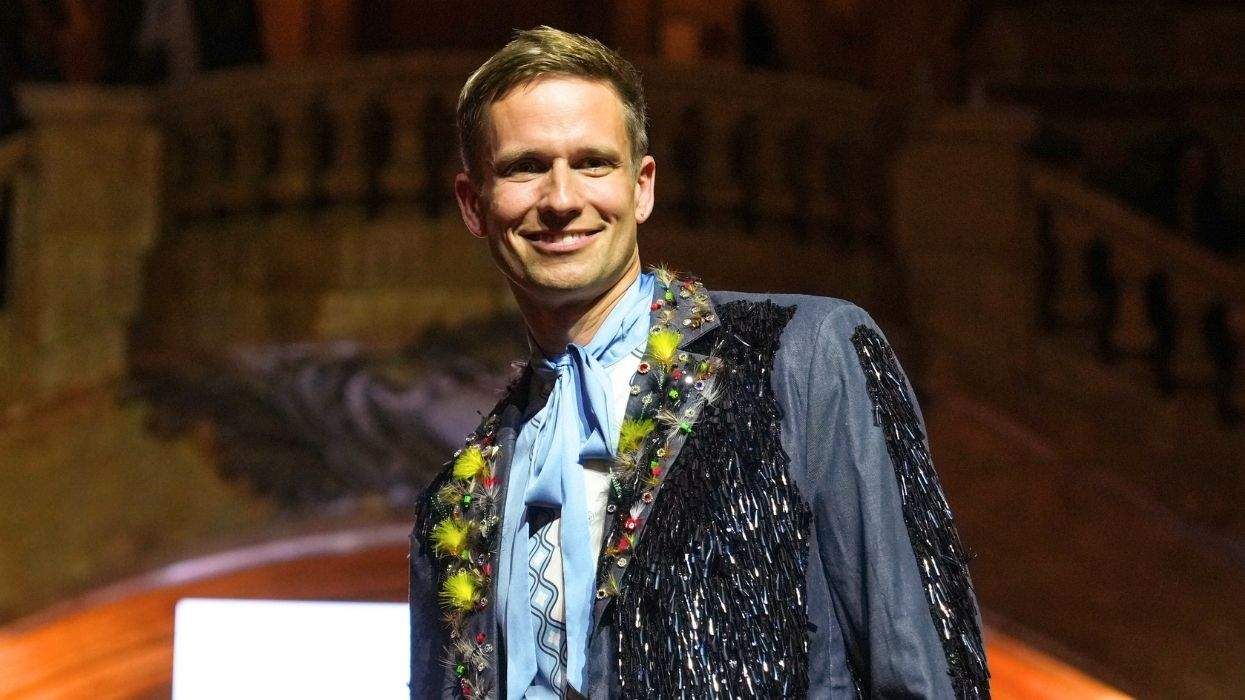
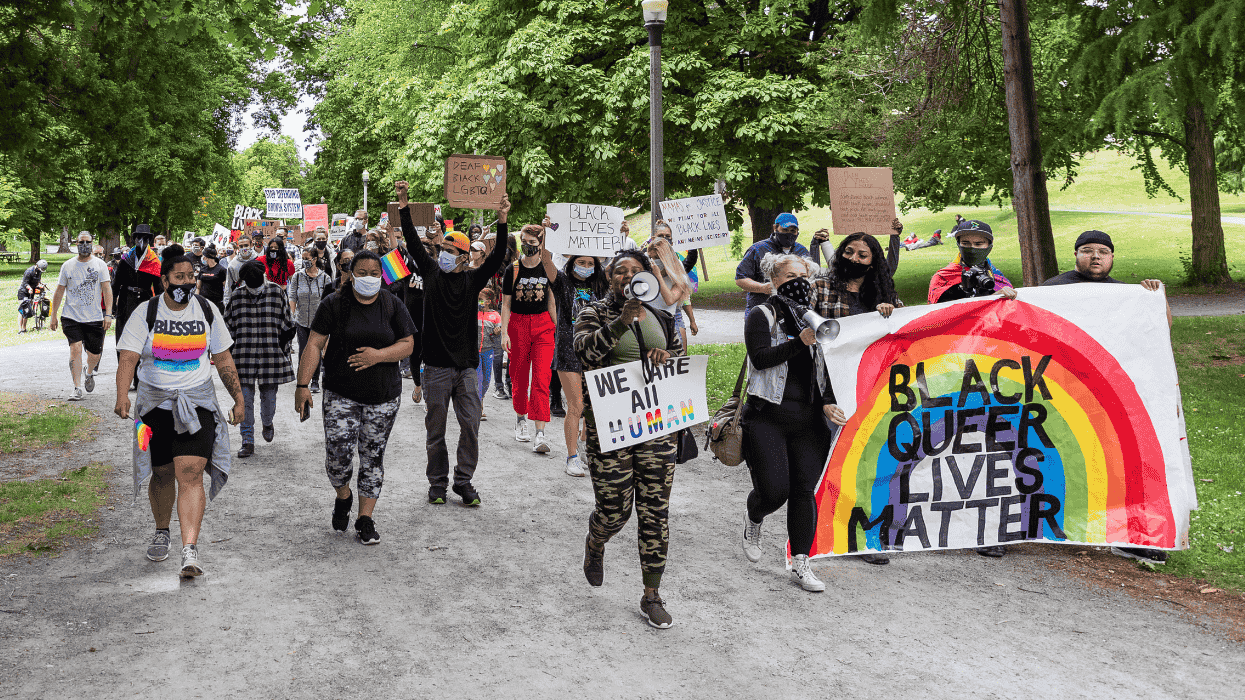
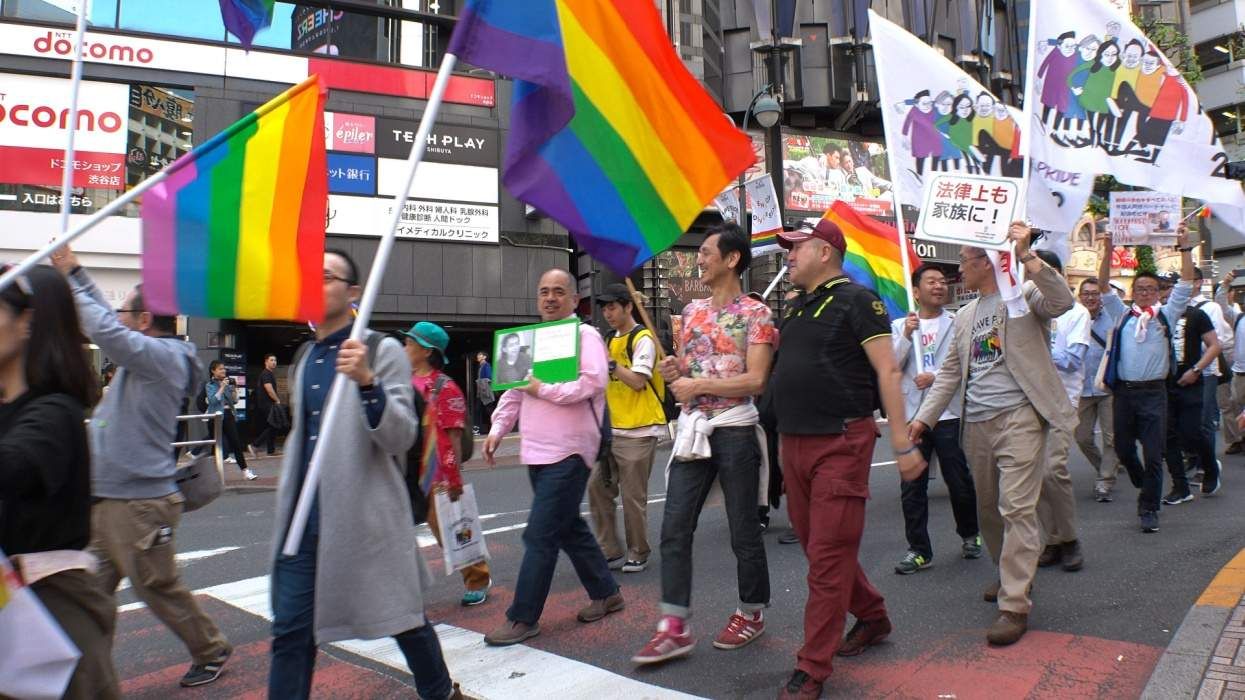


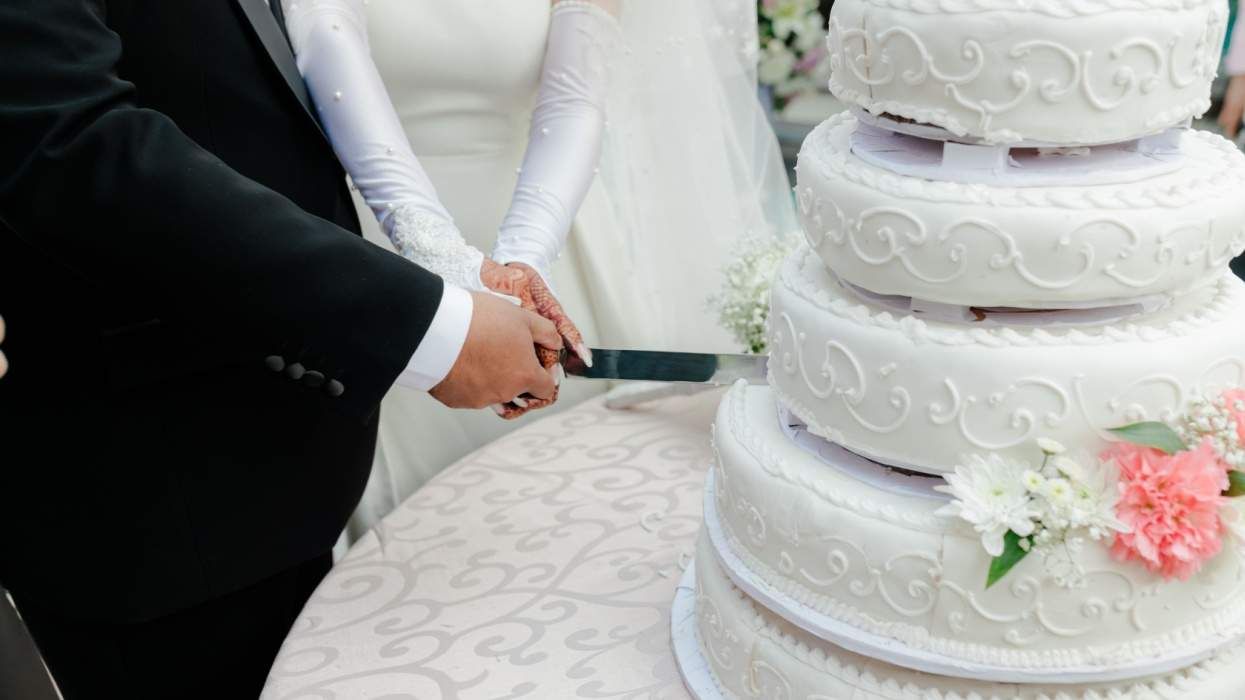
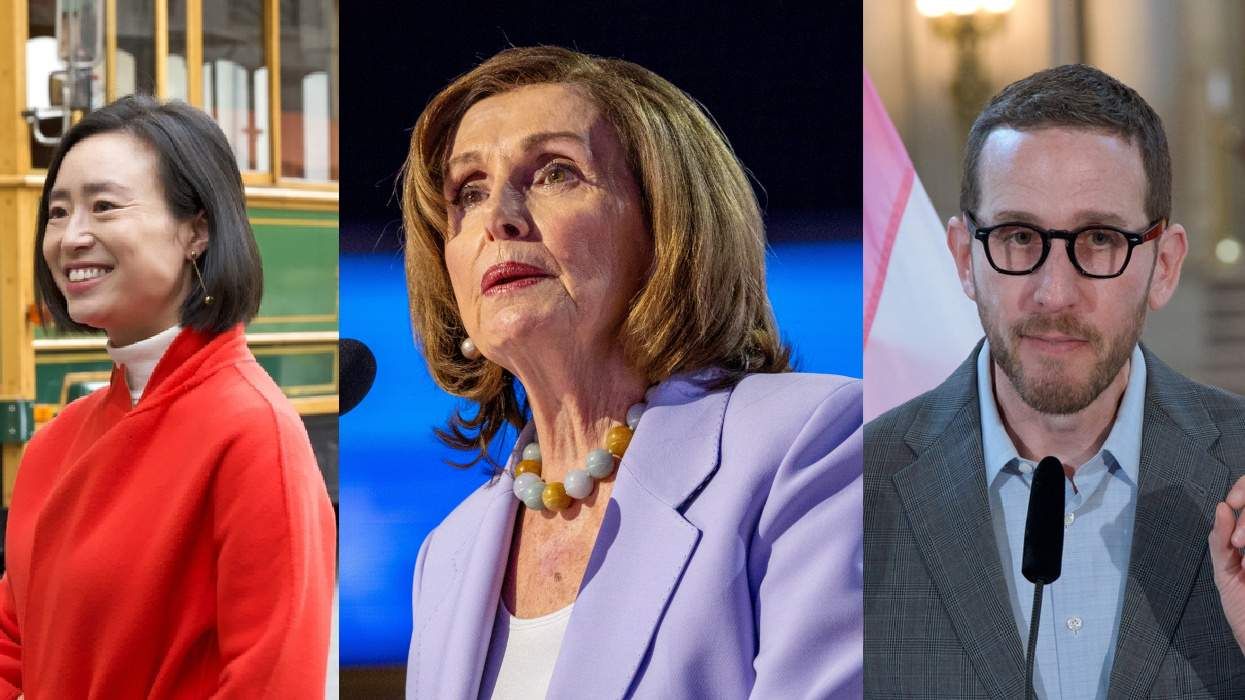
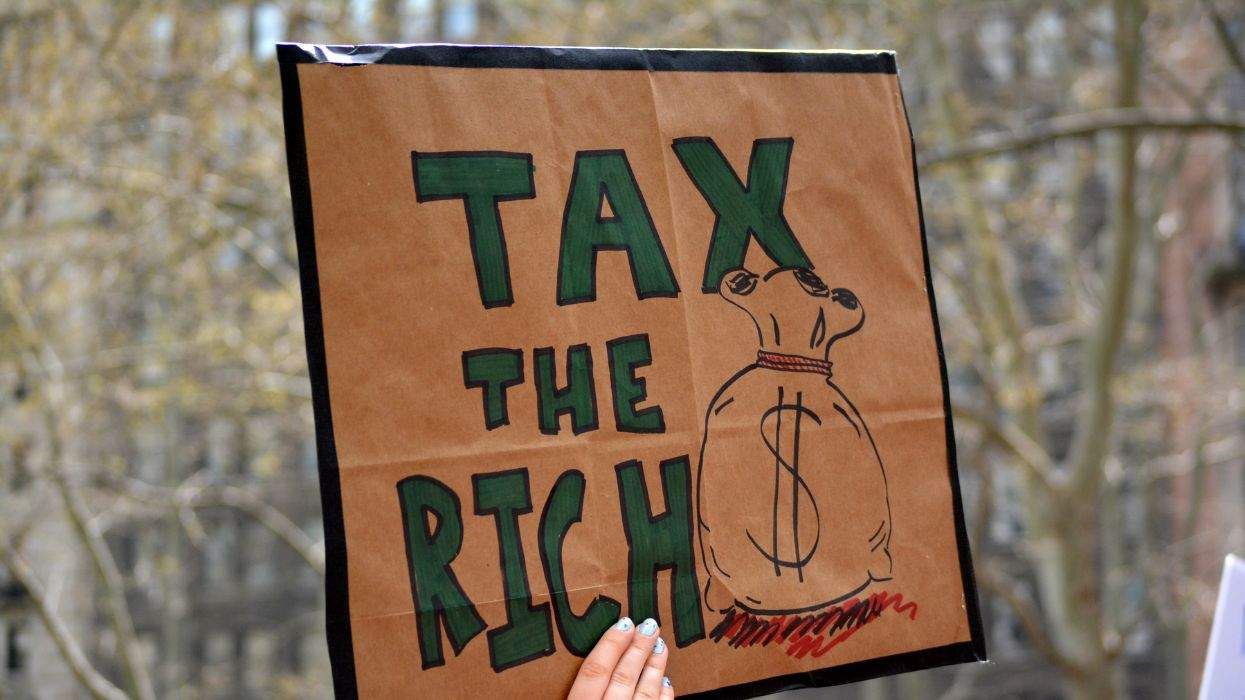
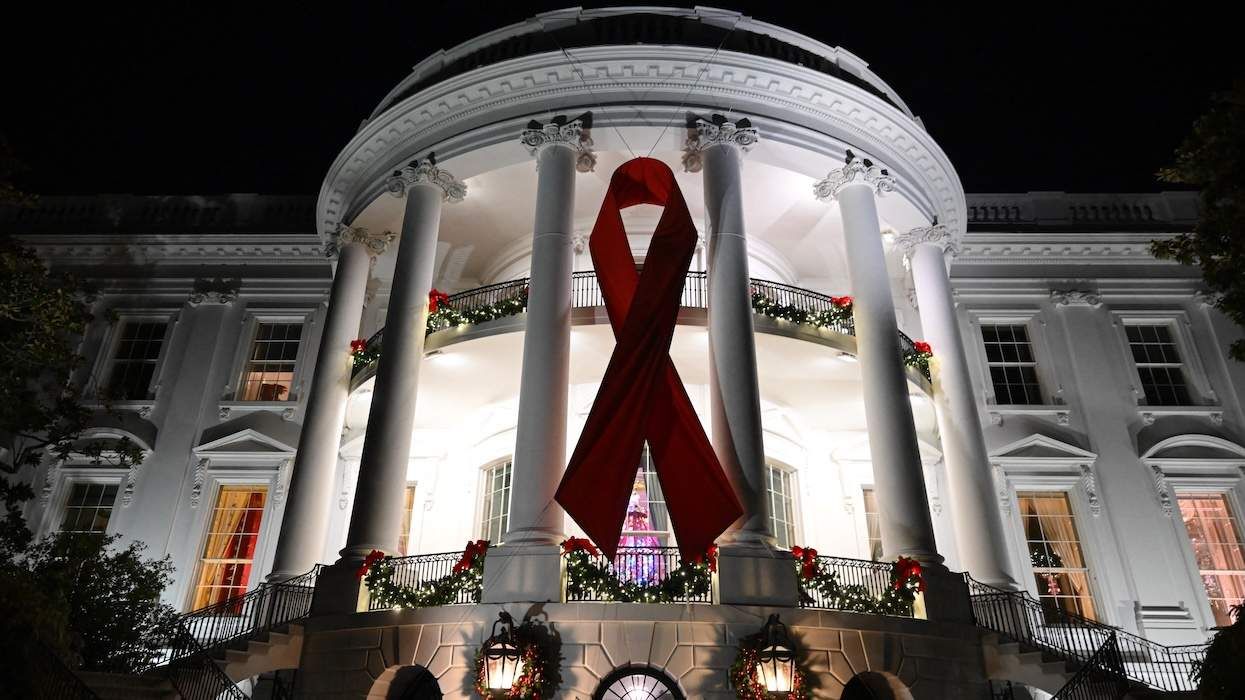
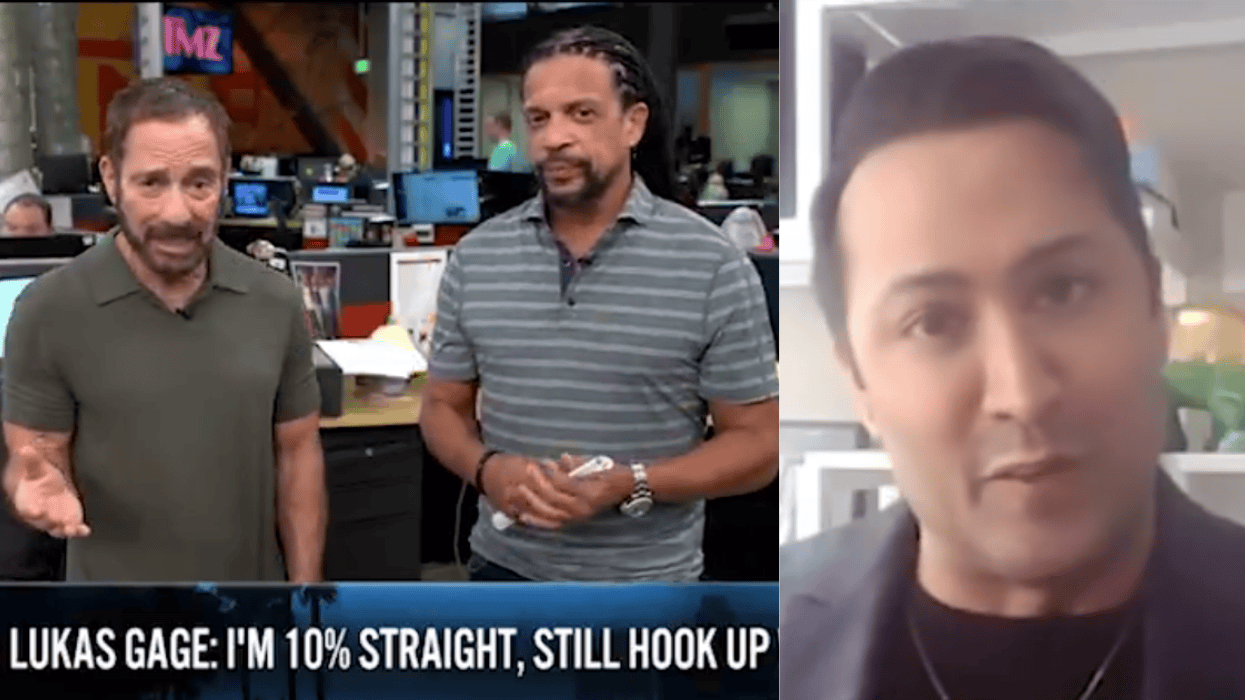
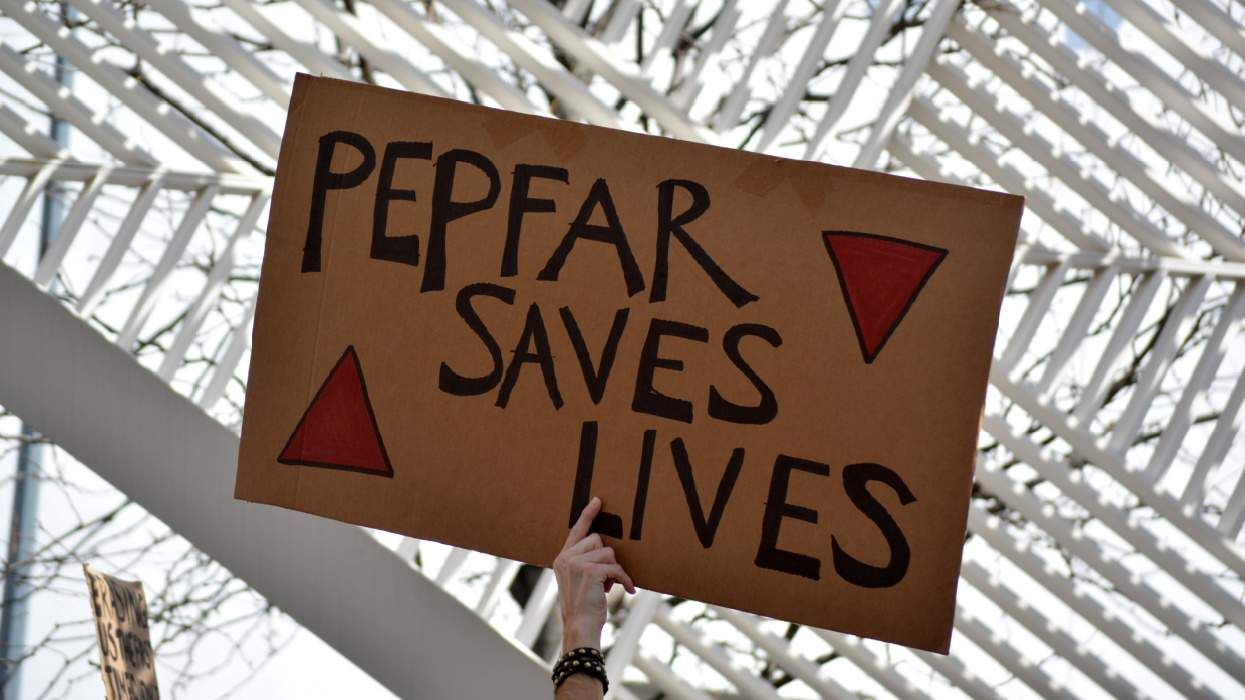
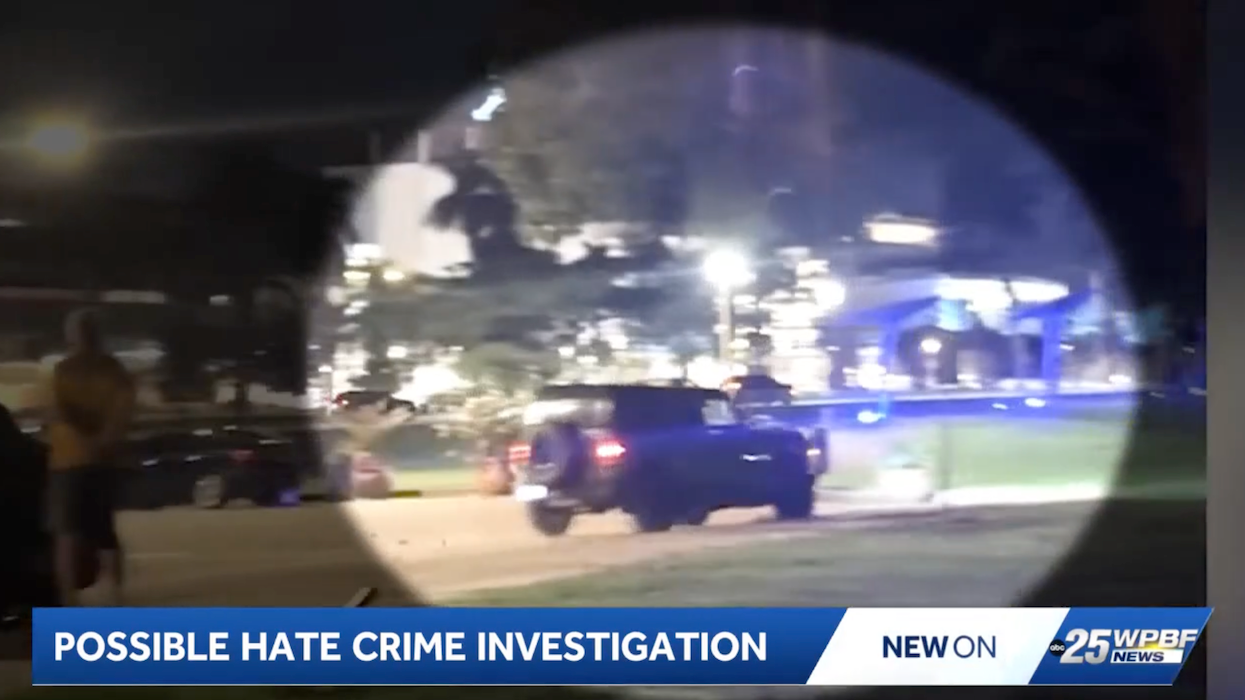
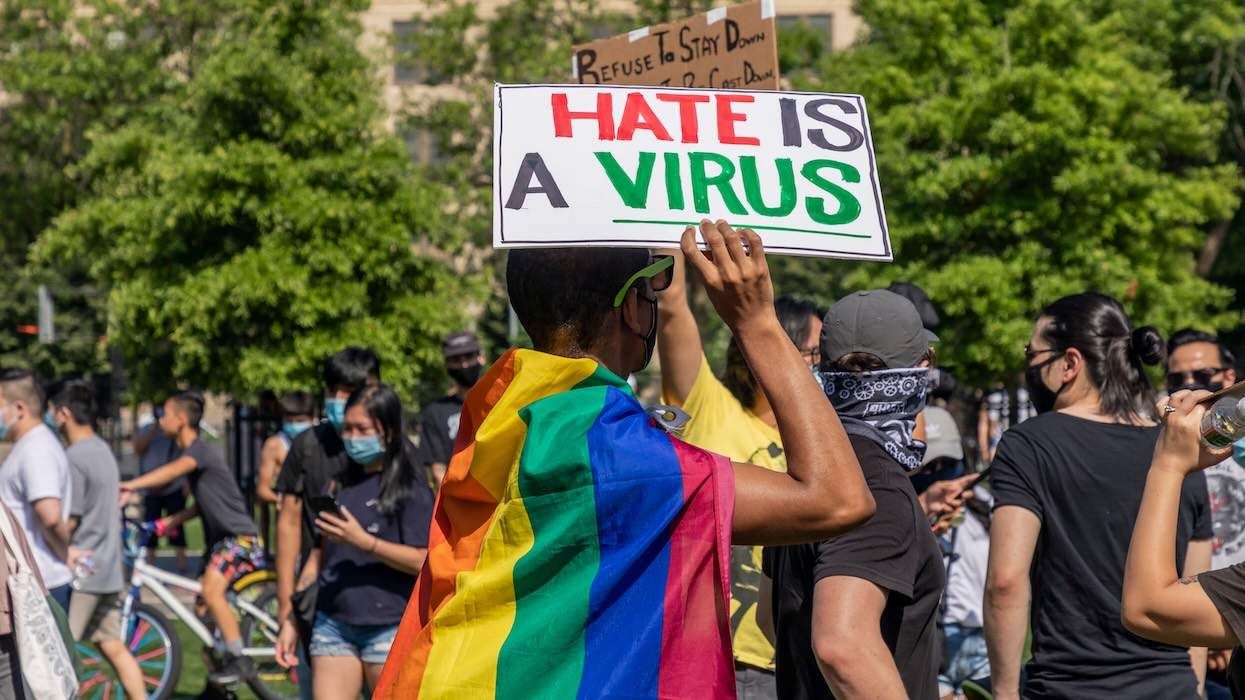



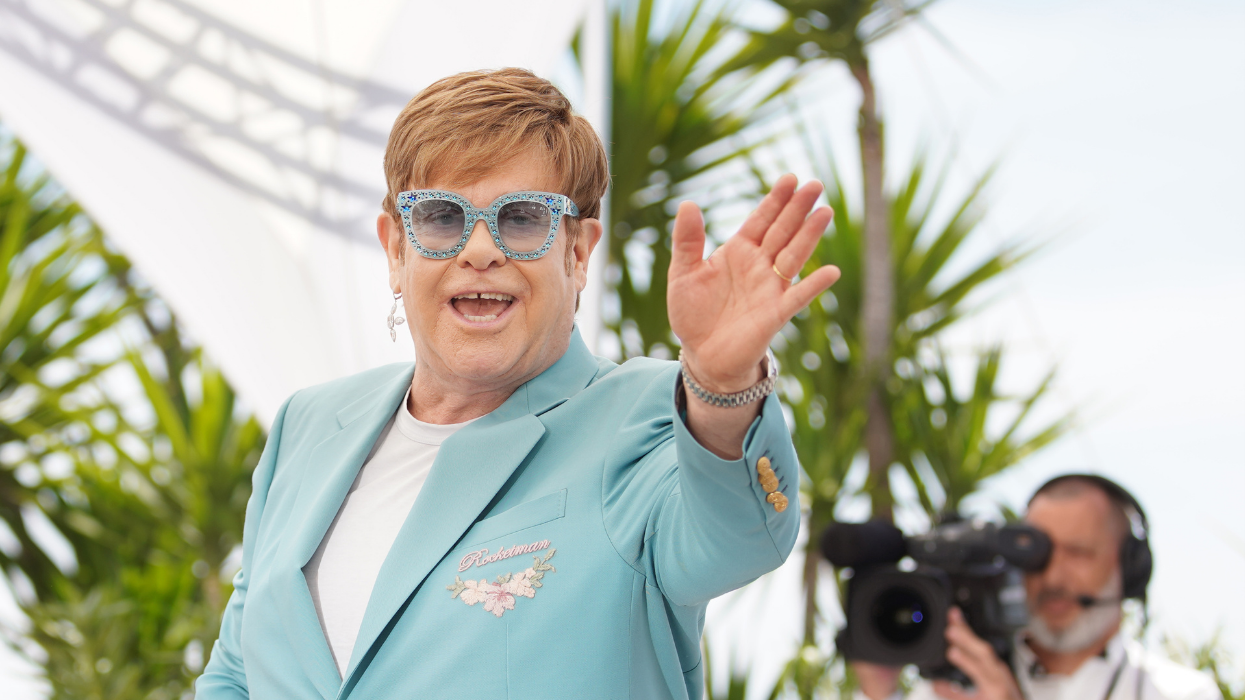
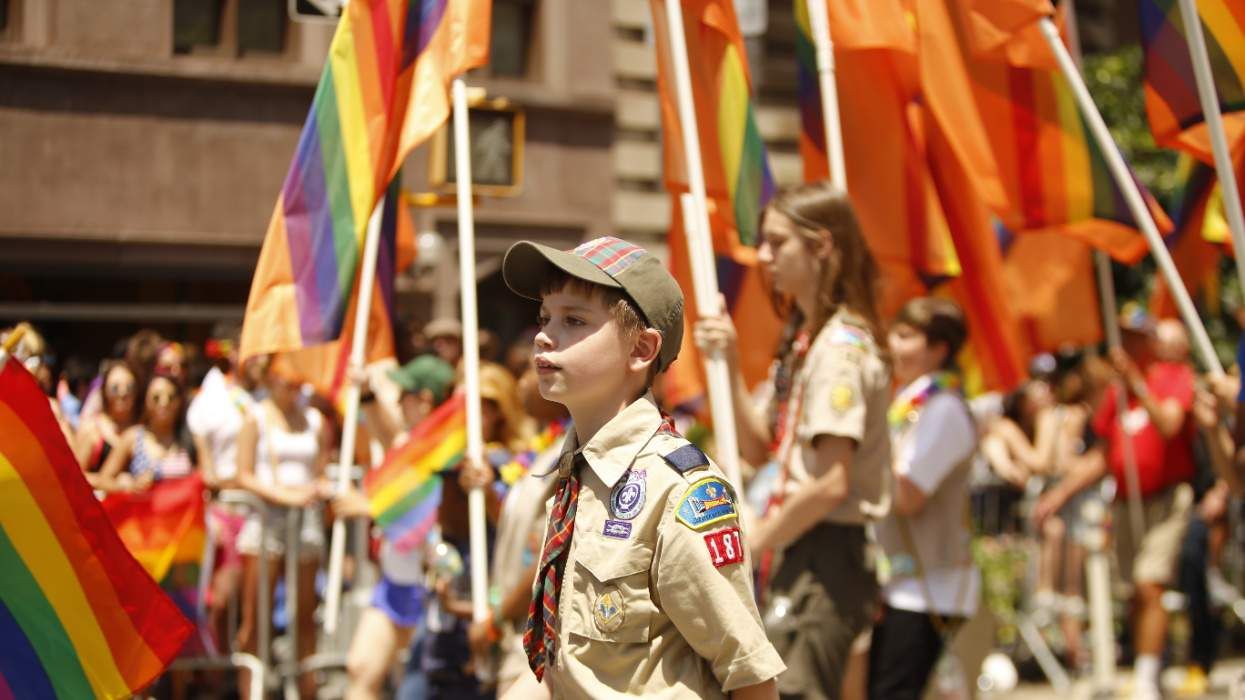
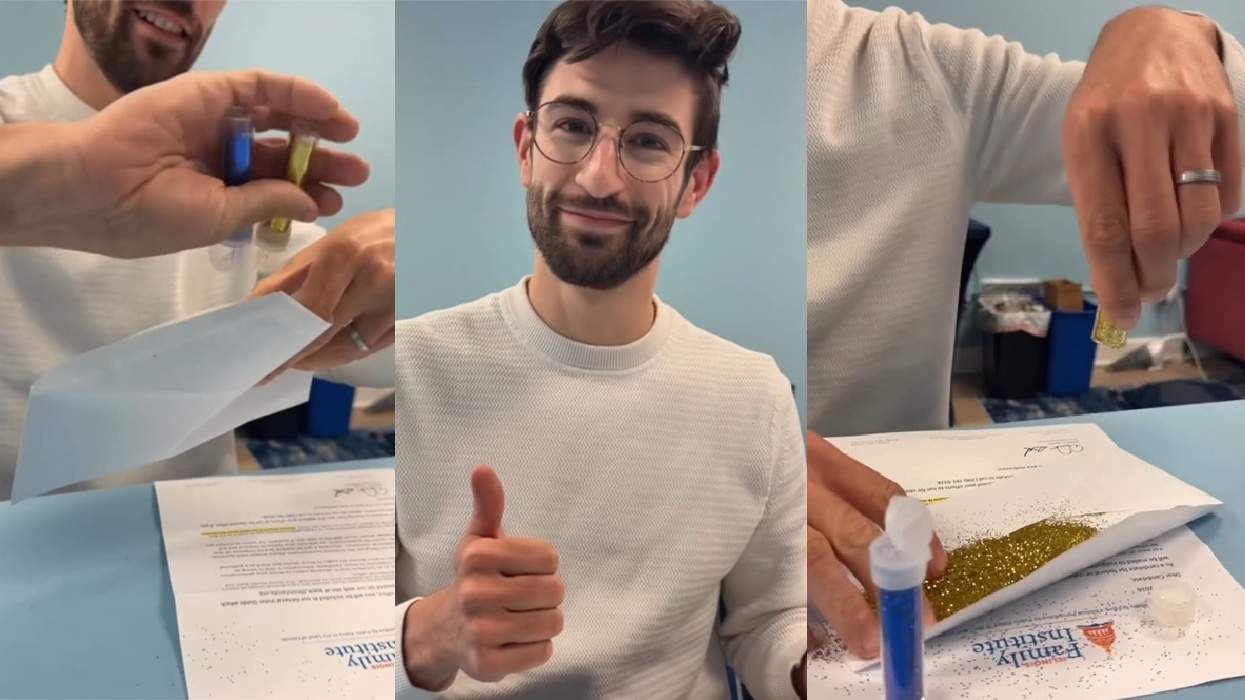









































Charlie Kirk DID say stoning gay people was the 'perfect law' — and these other heinous quotes